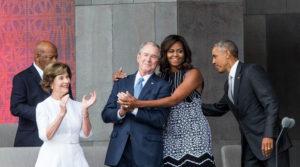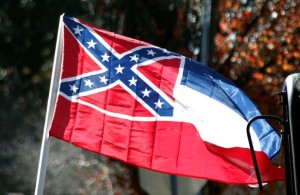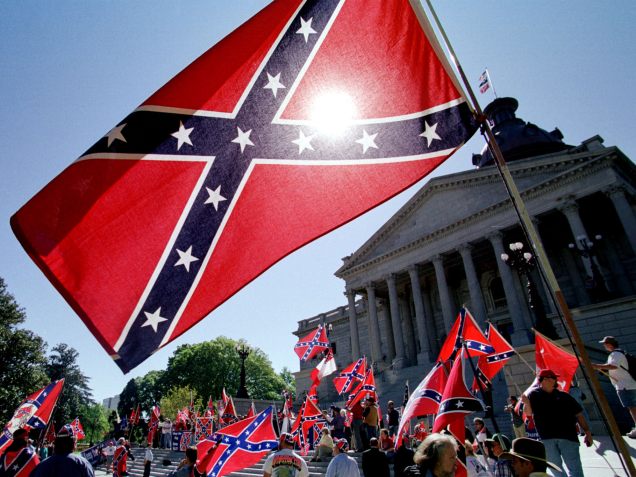Let’s all flash back for a moment, to a time when we all sat at our school desks. We would be perhaps reluctant to ask our teacher a question, thinking it’s a dumb query. Your teacher would say, “There’s no such thing as a dumb question.”
Well, I think I we’ve heard one. It comes — believe it or not — from the president of the United States of America.
In an interview, Donald J. Trump said this: “People don’t ask that question, but why was there the Civil War? Why could that one not have been worked out?”
Let me take a stab at it, Mr. President.
The Civil War was fought because several states in the South seceded from the Union; they didn’t like the federal government telling them that they had to follow federal law. The governors of those states hued to the notion that “states’ rights” superseded federal law — and those states had the “right” to sanction slavery, to keep human beings in bondage, for slave owners to possess other human beings the way they possessed, say, farm animals or equipment. President Lincoln sought a compromise by allowing slavery in certain states, but would not allow any expansion of slave-holding states. Southern states resisted that restriction and then began to secede, forming the Confederate States of America.
In April 1861, Confederate gunners opened fire on the Union garrison stationed at Fort Sumter in Charleston, S.C., harbor.
The war began. When it ended in 1865, more than 600,000 Americans died on battlefields; it was the costliest war in terms of lives lost in U.S. history.
Could they have worked it out? Could the states of the north and south reached some sort of common ground?
Hey, this is just me, but I doubt it.
The president would do well to crack a few books on the subject of the Civil War. He would learn a great deal about a defining chapter in the history of the nation he now governs.





